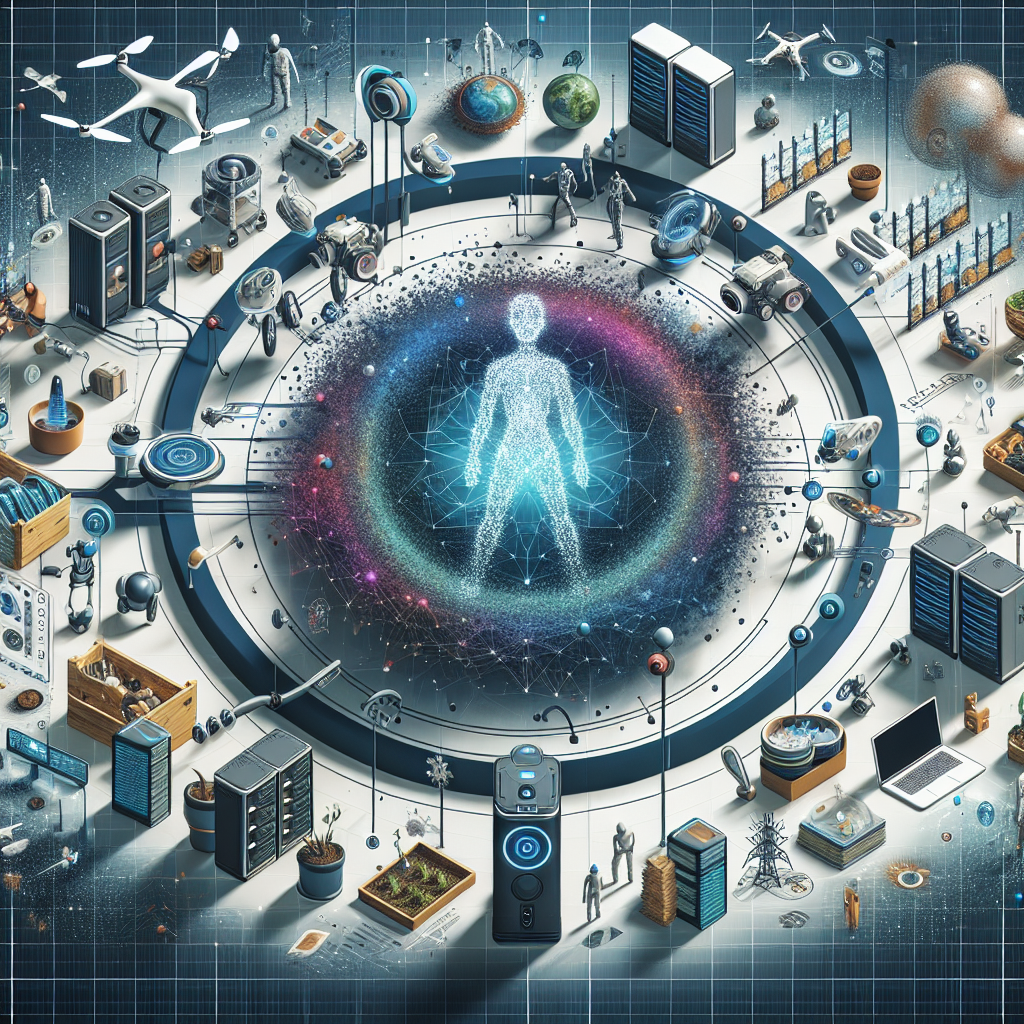Artificial General Intelligence (AGI) is a term that has been gaining more and more attention in recent years. AGI refers to a type of artificial intelligence that is capable of understanding and learning any intellectual task that a human being can. This includes tasks such as reasoning, problem-solving, planning, and even creativity. While AGI is still in the early stages of development, many experts believe that it has the potential to revolutionize the world of technology and beyond.
In this article, we will explore the concept of AGI, its potential impact on society, and the challenges that come with creating such a powerful form of artificial intelligence. We will also discuss some frequently asked questions about AGI and provide answers to help readers better understand this emerging technology.
What is AGI?
AGI is often contrasted with narrow artificial intelligence (ANI), which refers to AI systems that are designed for specific tasks, such as playing chess or recognizing speech. While ANI has made significant advancements in recent years, it is limited in its abilities and cannot perform tasks outside of its programmed scope.
AGI, on the other hand, aims to create a form of artificial intelligence that can learn and adapt to new tasks and situations in a way that is similar to human intelligence. This includes the ability to reason, understand complex concepts, and generate new ideas. AGI is often seen as the next step in the evolution of artificial intelligence, as it has the potential to surpass the capabilities of ANI and create a truly intelligent machine.
The development of AGI is still in its early stages, and researchers are working to overcome many technical challenges. These challenges include developing algorithms that can learn from limited data, understanding how to create machines that can reason and think abstractly, and ensuring that AGI systems are safe and ethical in their decision-making.
Potential Impact of AGI
The potential impact of AGI on society is immense and far-reaching. If researchers are successful in creating a truly intelligent machine, AGI could revolutionize many industries and aspects of daily life. Some potential applications of AGI include:
1. Healthcare: AGI could be used to analyze medical data and identify patterns that humans may overlook. This could lead to more accurate diagnoses and personalized treatment plans for patients.
2. Finance: AGI could be used to analyze financial data and make predictions about market trends. This could help investors make more informed decisions and potentially reduce the risk of financial crises.
3. Transportation: AGI could be used to improve the efficiency and safety of transportation systems. For example, self-driving cars could use AGI to navigate complex environments and avoid accidents.
4. Education: AGI could be used to personalize learning experiences for students. This could help teachers identify areas where students are struggling and provide targeted interventions to help them succeed.
Challenges of AGI
While the potential benefits of AGI are significant, there are also many challenges that researchers must overcome in order to create a safe and ethical form of artificial intelligence. Some of the key challenges of AGI include:
1. Safety: One of the biggest concerns with AGI is ensuring that the technology is safe and does not pose a risk to society. Researchers must develop algorithms that are robust and reliable, and that can be easily controlled and monitored.
2. Ethics: AGI raises many ethical questions, such as how to ensure that machines make decisions that are fair and unbiased. Researchers must consider how to program ethical principles into AGI systems and how to hold them accountable for their actions.
3. Control: Another challenge of AGI is how to ensure that humans can control and guide the technology. Researchers must develop ways to ensure that AGI systems are transparent and accountable, and that they can be easily shut down if necessary.
FAQs about AGI
Q: Will AGI replace human workers?
A: While AGI has the potential to automate many tasks currently performed by humans, it is unlikely to completely replace human workers. Instead, AGI is more likely to augment human capabilities and create new job opportunities in industries that benefit from intelligent machines.
Q: How far away are we from achieving AGI?
A: It is difficult to predict exactly when AGI will be achieved, as researchers are still working to overcome many technical challenges. Some experts believe that AGI could be achieved within the next few decades, while others believe that it may take much longer.
Q: What are the risks of AGI?
A: The risks of AGI are significant and include concerns about safety, ethics, and control. Researchers must work to address these risks and ensure that AGI is developed in a responsible and ethical manner.
Q: How can we ensure that AGI is used for good?
A: Ensuring that AGI is used for good requires a collaborative effort between researchers, policymakers, and the public. It is important to establish guidelines and regulations for the development and use of AGI, as well as to promote transparency and accountability in the technology.
In conclusion, AGI has the potential to be a game-changer in the world of technology and beyond. While there are many challenges that researchers must overcome, the potential benefits of AGI are significant. By working together to address the risks and ethical concerns of AGI, we can harness the power of artificial intelligence to create a brighter future for society.

